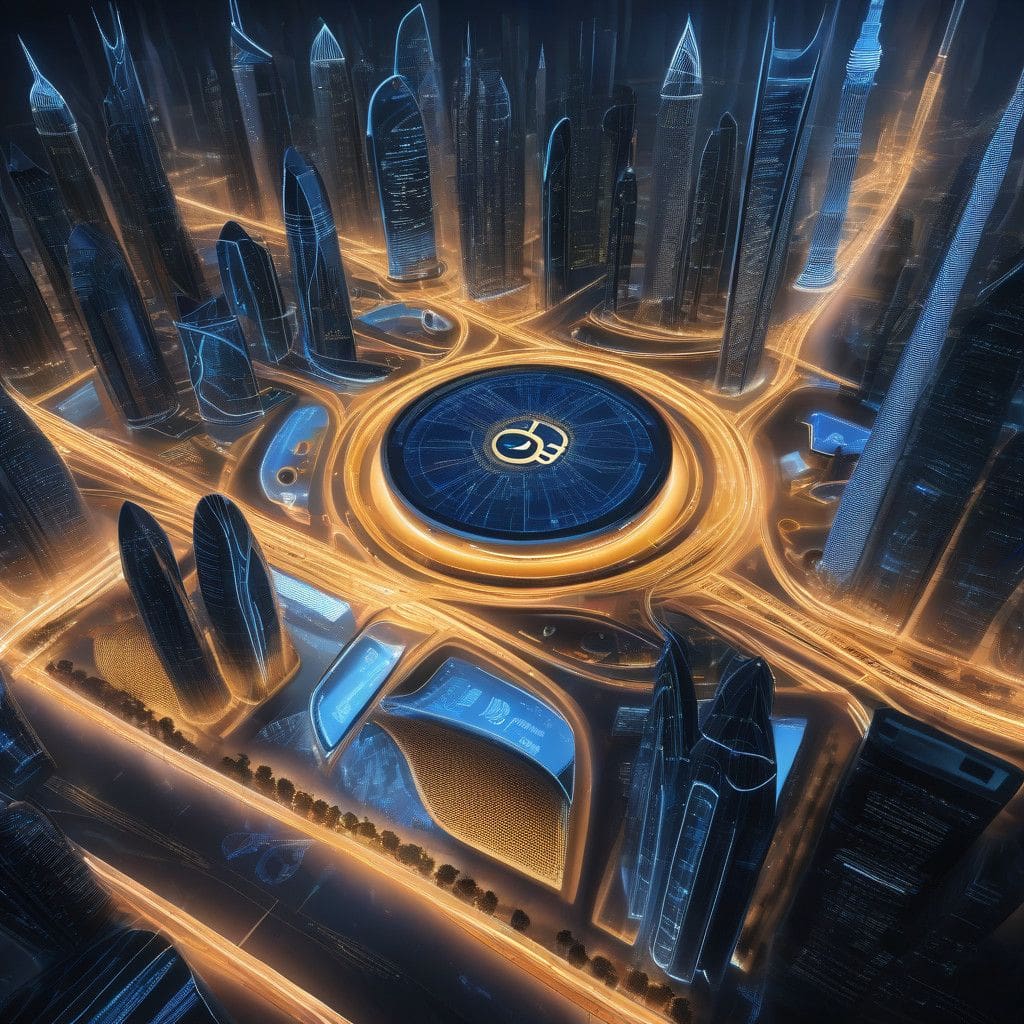The United Arab Emirates (UAE) is on the verge of a pivotal development that could reshape its digital economy. The Ras Al Khaimah Digital Assets Oasis (RAK DAO) is introducing a new legal framework specifically designed for decentralized autonomous organizations (DAOs). This initiative, set for discussion on October 25, represents a significant advancement in the regulation of digital assets and aims to establish a compliant environment for DAOs.
Currently, DAOs face a multitude of challenges concerning legal recognition and compliance. The new framework will address these issues by outlining clear tax obligations and allowing the ownership of both onchain and offchain assets. Furthermore, it lays the groundwork for DAOs to engage in legally binding contracts, which is a crucial step toward providing necessary protections for founders and members. This comprehensive regulatory approach not only enhances legal certainty but also invites global participation in the UAE’s growing digital ecosystem.
A major incentive for organizations considering the UAE as a jurisdiction for their operations is the cost efficiency of the new framework. Compared to Switzerland, where establishing a DAO can cost as much as $46,000, the UAE’s framework offers a much more accessible starting point, estimated at just $3,000. This substantial difference is expected to attract smaller DAOs and startups looking for a strategic location to operate their ventures.
The implications of this framework extend beyond regulatory clarity. As DAOs gain legitimacy through this legal structure, it creates an environment conducive to innovation. For instance, organizations like Gitcoin, which supports open-source development, could thrive under such regulations by providing the necessary support for projects seeking funding and collaboration. The potential for growth is vast, as founders can now feel confident that their organizations are recognized and protected under UAE law.
Moreover, this initiative aligns with the UAE’s broader strategy to position itself as a global hub for technology and innovation. The Emirates has made significant investments in the digital landscape, launching various initiatives that promote blockchain technology and digital assets. By establishing a clear legal framework for DAOs, the UAE is reinforcing its commitment to fostering an environment where innovation can flourish.
The framework also aims to facilitate dispute resolution, a common pain point in the decentralized space. Lack of legal recourse can often hinder the growth of DAOs, as members may hesitate to invest in ventures lacking formalized legal protections. This aspect of the proposed framework will help instill confidence in investors and participants, making the UAE an attractive choice for establishing DAOs.
The RAK DAO initiative not only empowers the local digital economy but also positions the UAE as a thought leader in the realm of decentralized governance. As other nations observe the implications and potential successes of this framework, there might be a ripple effect inspiring similar developments globally. Countries searching for a competitive edge in the digital economy may look to the UAE’s model for guidance.
To summarize, the introduction of a legal framework for DAOs in the UAE marks a transformative moment in the intersection of law and technology. By providing clear guidelines and fostering a supportive environment, the UAE not only facilitates compliance but also encourages innovation and growth within the digital asset sector. This strategic move could very well set the stage for a new era of economic participation driven by decentralized organizations.












